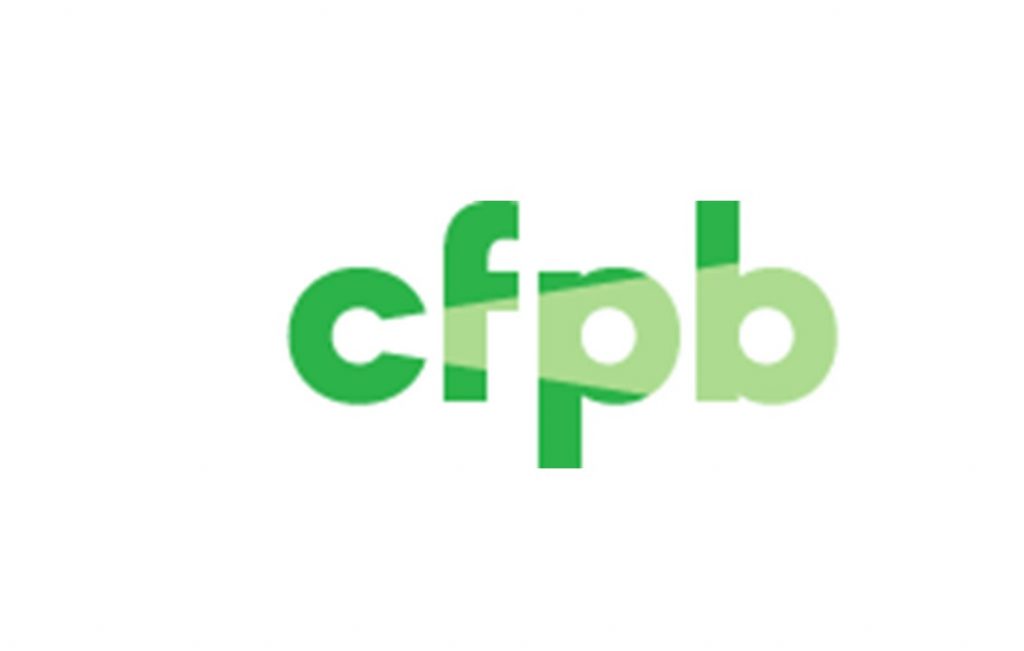
| Entities | |
| Topics and Issues | CARD Act (1) Credit scores (37) Debt collection (6) Inquiries/Hard Pulls/Soft Pulls (1) Medical debt (38) |
In October 2023, the CFPB announced the release of its biennial report to Congress on the consumer credit card market. This report is required under the 2009 Credit Card Accountability Responsibility and Disclosure Act (CARD Act). There are several areas in the report that may be of interest to members.
First, there is a new section of the report, “Market Dynamics.” This section, Sec. 2, “describes players in the consumer credit card market. This report generally focuses on the state of the consumer credit card market through the lens of cardholders…By examining portfolio-level revenue and expenses, we establish a foundation on which to analyze credit card market competition and innovation moving forward. However, issuers are not the only companies in the credit card payments ecosystem. As such, this chapter also describes the role of merchant partners in offering co-brand credit cards and concludes with an overview of card networks and the credit card debt collection industry.
Section 2.5 on debt collectors points out that “[a]s of the first quarter of 2022, nearly one-quarter of all consumers’ credit reports (23.5 percent) had at least one collection tradeline. Medical debt made up over half those tradelines in third-party collections, as shown in Figure 11. In contrast, only 13 percent of debt collection tradelines on consumer credit reports were for banking or financial debts (including credit cards). In 2022, 287 unique furnishers reported banking and financial debt collection tradelines, including credit card collections tradelines. The top four furnishers of banking and financial collections tradelines reported 82 percent of these tradelines. However, a credit card in collections sometimes may not appear on consumer credit reports as a debt collection tradeline. In one survey, 44 percent of consumers with debts in collection reported having at least one credit card debt in collections.”
Section 5 discusses the “Availability of Credit” and Sec. 5.1.1. includes the Bureau’s view of prescreened offers. Not surprisingly, “[p]re-screened solicitations are the channel with the highest approval rate, as credit card companies use information from credit reporting companies to make pre-screened offers of credit to consumers whose credit histories meet the criteria selected by the card issuer.”
Section 6.8 is on debt collection, and Sec. 6.8.4. is on debt sales. The Bureau’s 2021 report “noted that creditors, upon sale of the debt, updated the accounts to the credit reporting agencies as ‘Sold/Transferred’ with a $0 balance. However, the current study found that all sellers are deleting the tradeline in its entirety.
The section on innovation, Sec. 7, points to the Bureau’s direction by Congress to look at “credit card product innovation.” Here, Sec. 7.2.2. discusses soft credit inquiries. The report goes on:
During a typical credit card application process, the applicant provides the issuer with personal information that enables the issuer to check the applicant’s credit history with one or more consumer reporting agencies. The consumer reporting agency then records the credit inquiry on the applicant’s credit report, regardless of whether the applicant is ultimately approved by the issuer. These “hard” credit inquiries on the applicant’s credit report can lower consumer credit scores, all else being equal.
Some issuers are beginning to use “soft” credit inquiries – which are currently designed not to impact credit scores – when determining whether an applicant is approved for a card. American Express, for example, notes that for some of its products, “applicants will be told with 100% certainty if they are approved – without any impact to their credit score,” and that a hard inquiry will only be made after the applicant is approved for and accepts a card. Other issuers also claim to rely on soft credit pulls to evaluate eligibility, including issuers of the Apple Card, Discover cards, the Venmo credit card, and the X1 card.
(citations omitted). The section at hand also discusses consumer impact of soft pulls, as well as concerns the CFPB and FTC might have about certain practices.
There is a section on Innovations Related to Credit Scoring, Sec. 7.3.4. Of note here is the Bureau’s reference to one of our members and its work to create credit visibility for consumers in the U.S. from other countries. The Bureau also discusses how “other innovations involve the use of new modeling techniques, including those characterized as artificial intelligence or machine learning.”
Resources